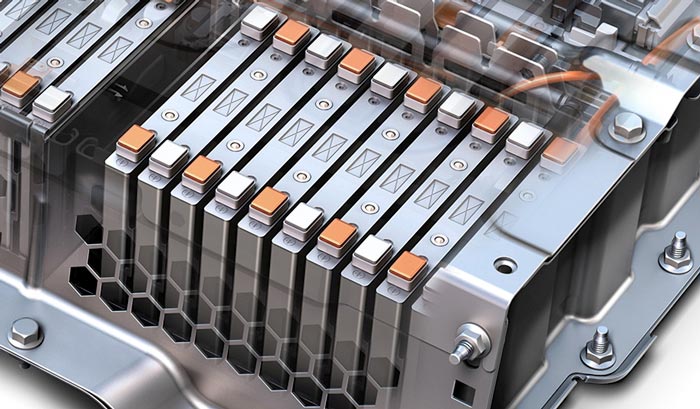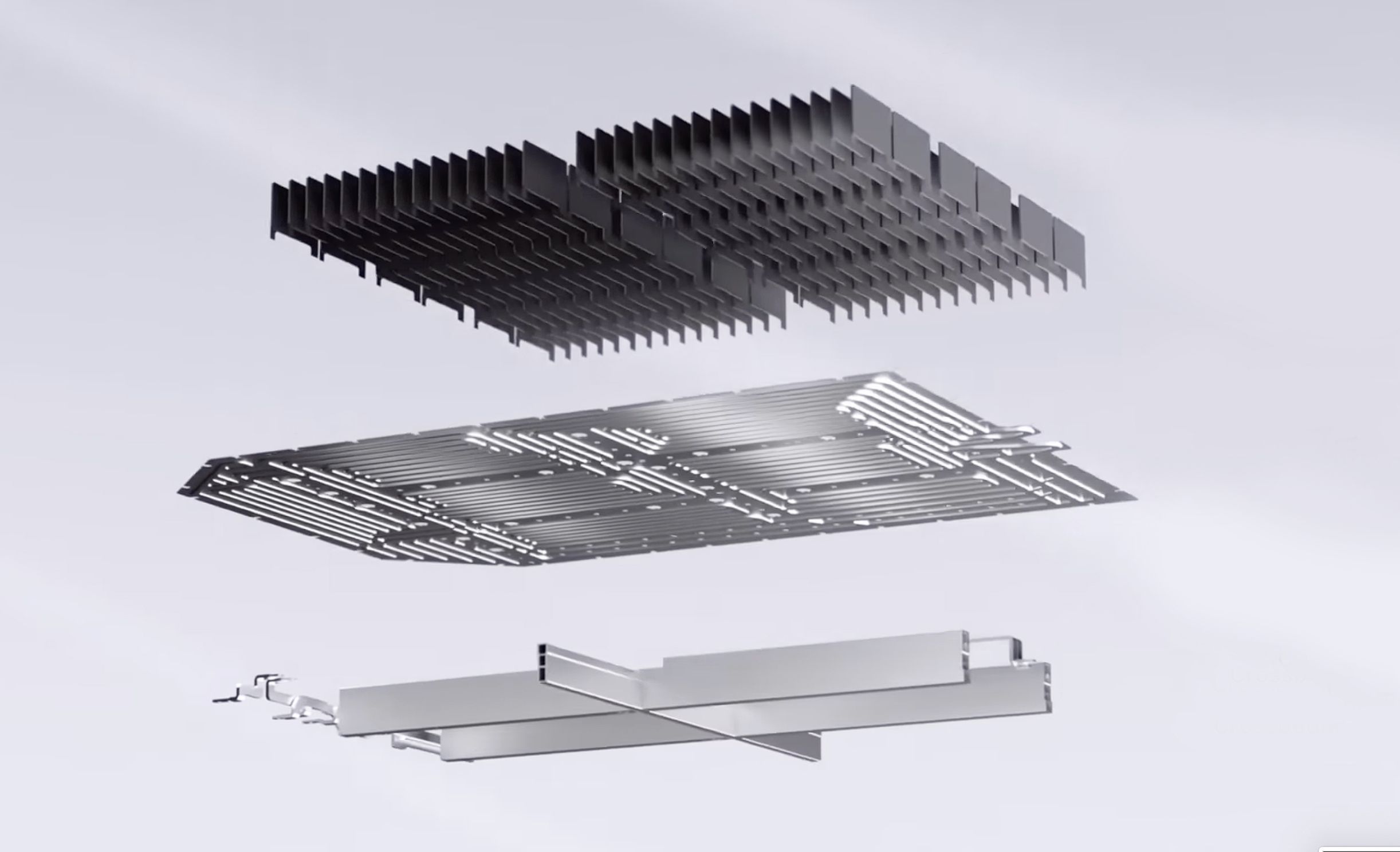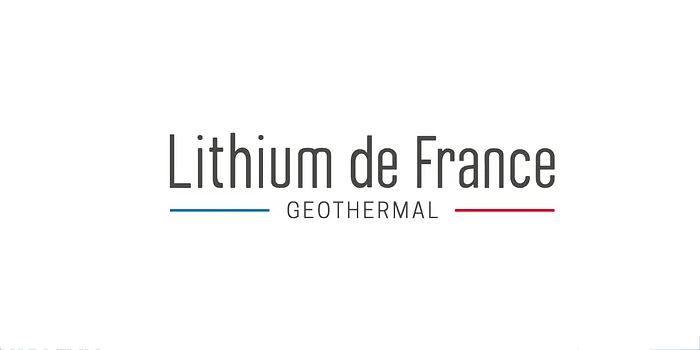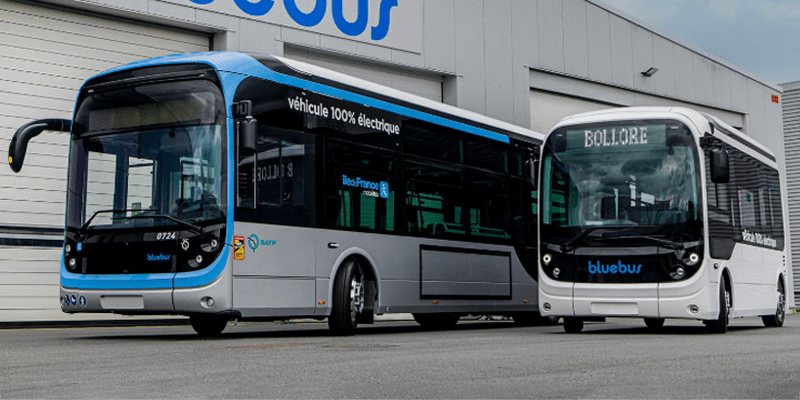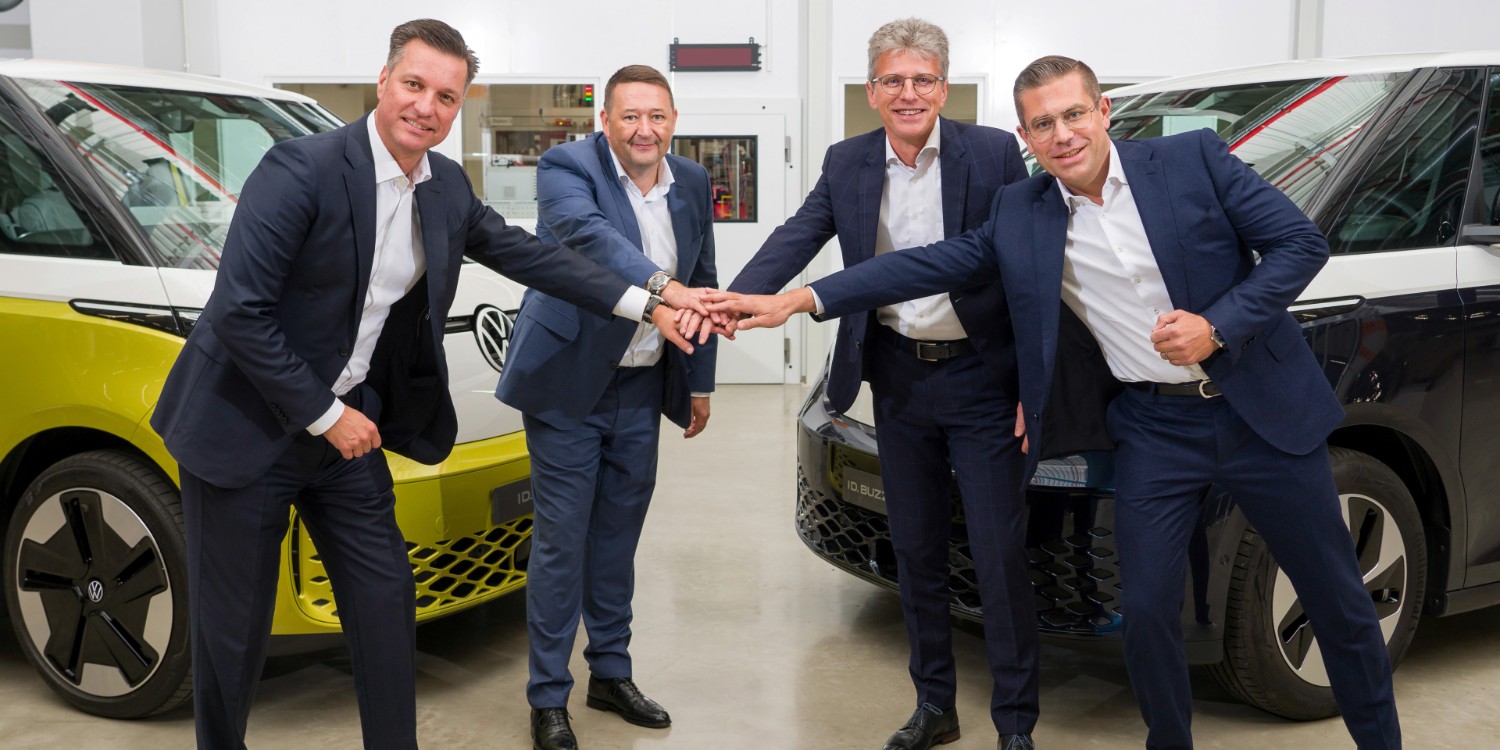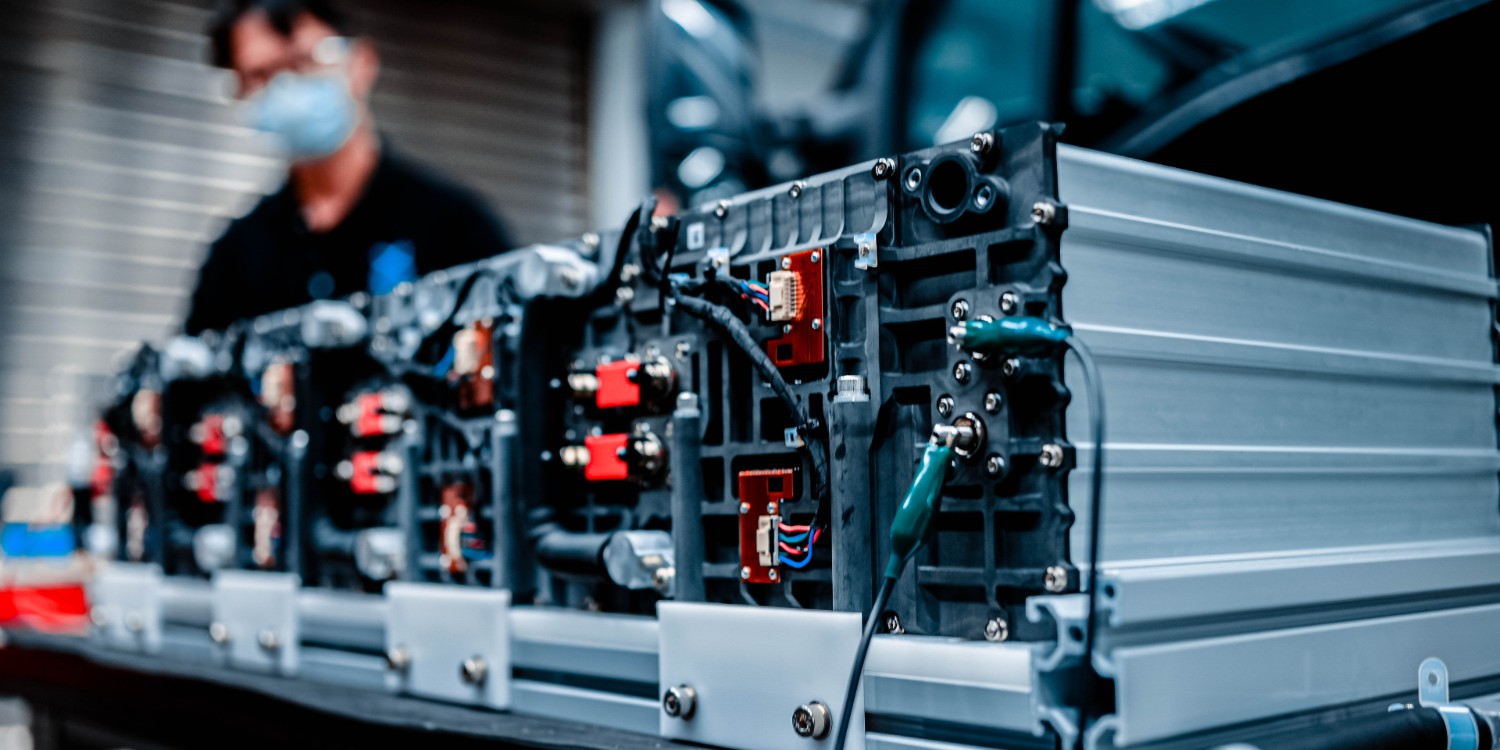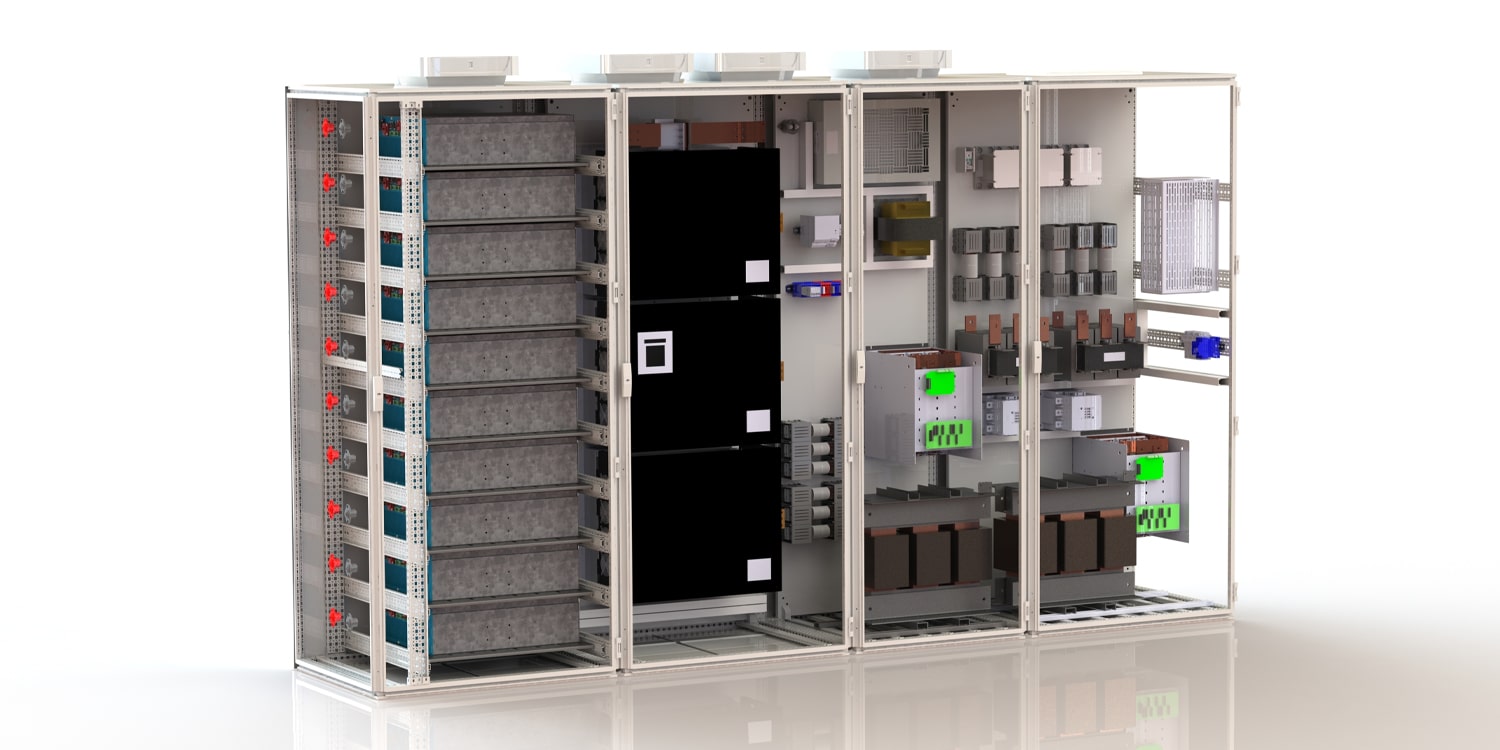The rise of electric vehicles (EVs) has been hailed as a major step forward for the environment. However, a significant problem has arisen that threatens to derail the progress that has been made. The proprietary battery systems used in EVs make repairing even minor faults extremely difficult and costly. This has led to a situation where numerous insurance companies are simply scrapping EVs with only minor faults, which is problematic not only for insurers, but owners and the environment as well.
Even vehicles involved in minor accidents whose battery packs have only a small amount of damage are being scrapped. Insurers and mechanics complain that there’s no simple way to check on the status of the batteries, meaning they have to be thrown out completely. This not only pushes up the price of insuring EVs but also has an impact on the environment.
The high cost of replacing or repairing batteries is making EVs unaffordable for many people, and insurance premiums are skyrocketing as a result. This is not sustainable, and insurers are calling on automakers to make it easier to access data and repair battery packs. Some automakers have responded by claiming to have developed ways to make repairs possible, but not all are committed to making the necessary changes.
Tesla, America’s biggest EV manufacturer, is investing in a new battery technology with larger cells that are glued into the pack. This has led automotive experts and repair advisors to warn that the new pack has “zero repairability.” A Tesla structural battery pack is going straight to the grinder, they say.
This poses a major problem not only for owners and insurers but also for the environment. In addition to being the most expensive part of a vehicle, the battery is also the most carbon-intensive. The number of unused battery packs finding their way into junkyards is increasing, which means the advantages of EVs are not being realized.
If EVs are to be more ecological than combustion vehicles, they have to be on the road for a number of miles so that their zero emissions make up for their larger manufacturing carbon footprint. However, with more and more unused battery packs finding their way into junkyards, the advantages of those EVs are not being realized. Automakers need to take action to make battery repairs easier and more affordable. If they don’t, the progress made in the fight against climate change could be derailed.

